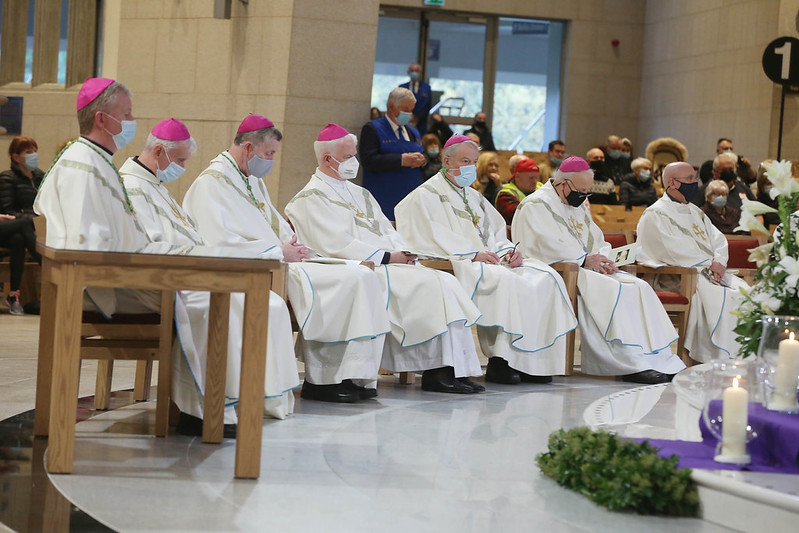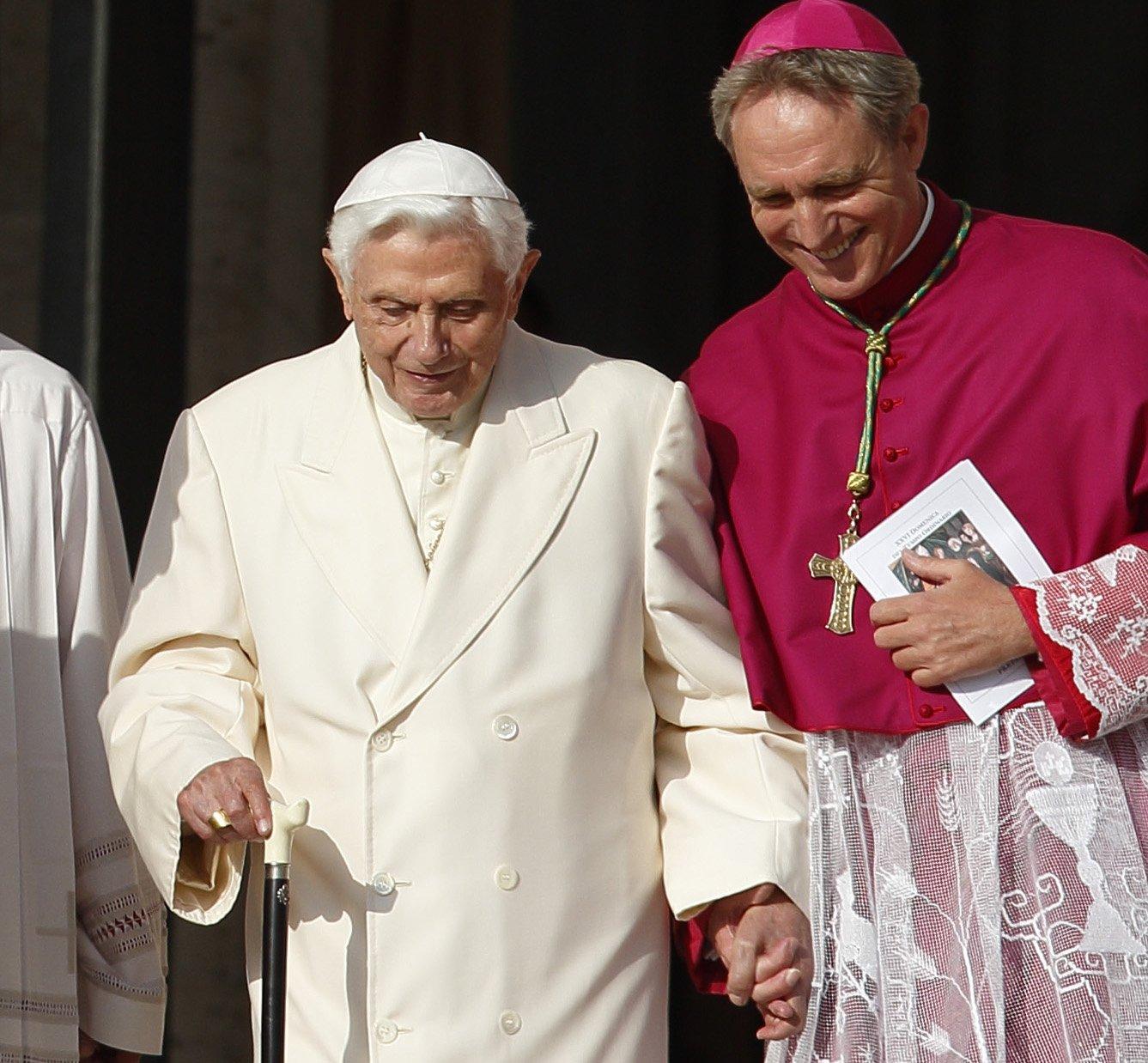Lawyers are emphasising the presumption of innocence in regards to Pope Emeritus Benedict XVI in the run-up to the publication of the report into clerical sex abuse in the Munich diocese on Thursday.
Commissioned by Cardinal Reinhard Marx of Munich, the Bavarian lawyers’ Westpfahl Spilker and Wastl (WSW) is due publish the report, regarding abuse in the diocese of Munich from 1949 to 2019, on 20 January.
A first report by the same lawyers’ office was drawn up in 2010 but never published.
As a number of prominent cardinals were archbishops of Munich during the period covered, most especially Cardinal Joseph Ratzinger who was Archbishop of Munich from 1977-82 and who went on to become Pope Benedict XVI. Speculation as to what the report will say but also widespread prejudgement have dominated debate in the German-speaking world in the run-up to the report’s publication.
On 5 January, the prominent German weekly Die Zeit published a two-page article on the German repeat offender Fr Peter H. and alleged that in the early 80s, the then Archbishop of Munich, Joseph Ratzinger had hushed up Fr H’s abuse.
At the beginning of the new year, German canon lawyers said they had detected defaults on the part of Joseph Ratzinger when he was Archbishop of Munich from 1977-1982 and later when he was Prefect of the Congregation of the Doctrine of the Faith (CDF) (1982-2005), Die Zeit explained.
Among other details, Die Zeit drew attention to the fact that on 9 May 2016 in an administrative legal proceeding a church court had issued an extrajudicial decree which showed that Fr H.’s superiors, that is the bishops and vicar generals of Essen and Munich , had “failed to fulfil their obligations towards the children and young people in their care”. Ratzinger is named in the list – according to the Die Zeit article. “Ratzinger and his archdiocesan council knew of the circumstances that led to the admission of Fr Peter H. in the Munich archdiocese”, the 5 January Die Zeit article said and added “That means that Ratzinger, too, knew of Fr H.’s record of abuse. This news has now been reported in all the German-speaking media. The former Archbishop Ratzinger, who went on to become Pope Benedict XVI, hushed up or helped to hush up abuse.”
Asked by Die Zeit on 4 January, emeritus Pope Benedict’s secretary, Archbishop Georg Gänswein, said: “The claim that he (Benedict) knew of Fr H’s abuse record when the decision was made to admit him to the Munich archdiocese is wrong”.
On 13 January, the WSW lawyers’ office in Munich informed the Bild Zeitung that 350 pages of the report would be devoted to the most prominent repeat offender Fr Peter H. The report included an 82–page statement by Pope Emeritus Benedict XVI, Bild added. “He welcomes the abuse investigation and the publication of the report.” The fate of the victims “touches him deeply”, Archbishop Gänswein told Bild.
The chief accusation against Ratzinger is that in 1980 he was fully aware of Fr Peter H’s record of abuse in Essen and yet “deliberately waived the imposition of appropriate sanctions”.
On 14 January Gänswein told the Bild Zeitung that Benedict XVI wanted “a good, complete and successful reappraisal of all cases of clerical sexual abuse in the interest of the victims and those affected”. He welcomed the “reappraisal in Munich and the publication of the expertise”.
While Norbert Lüdecke, one of Germany’s best-known canon lawyers, says he finds the “abstinence of responsibility” on Ratzinger’s part “most odd” and the German We Are Church group have recalled that “responsibility does not come under the state of limitations and is therefore not time-barred”, canon lawyer Helmuth Pree has recalled that it is not yet clear what exactly a bishop’s duties regarding priest abusers were in the 1980s when Ratzinger was Archbishop of Munich. Pree has therefore emphasised the importance of in dubio pro reo – the presumption of innocence – in Ratzinger’s case.



 Loading ...
Loading ...